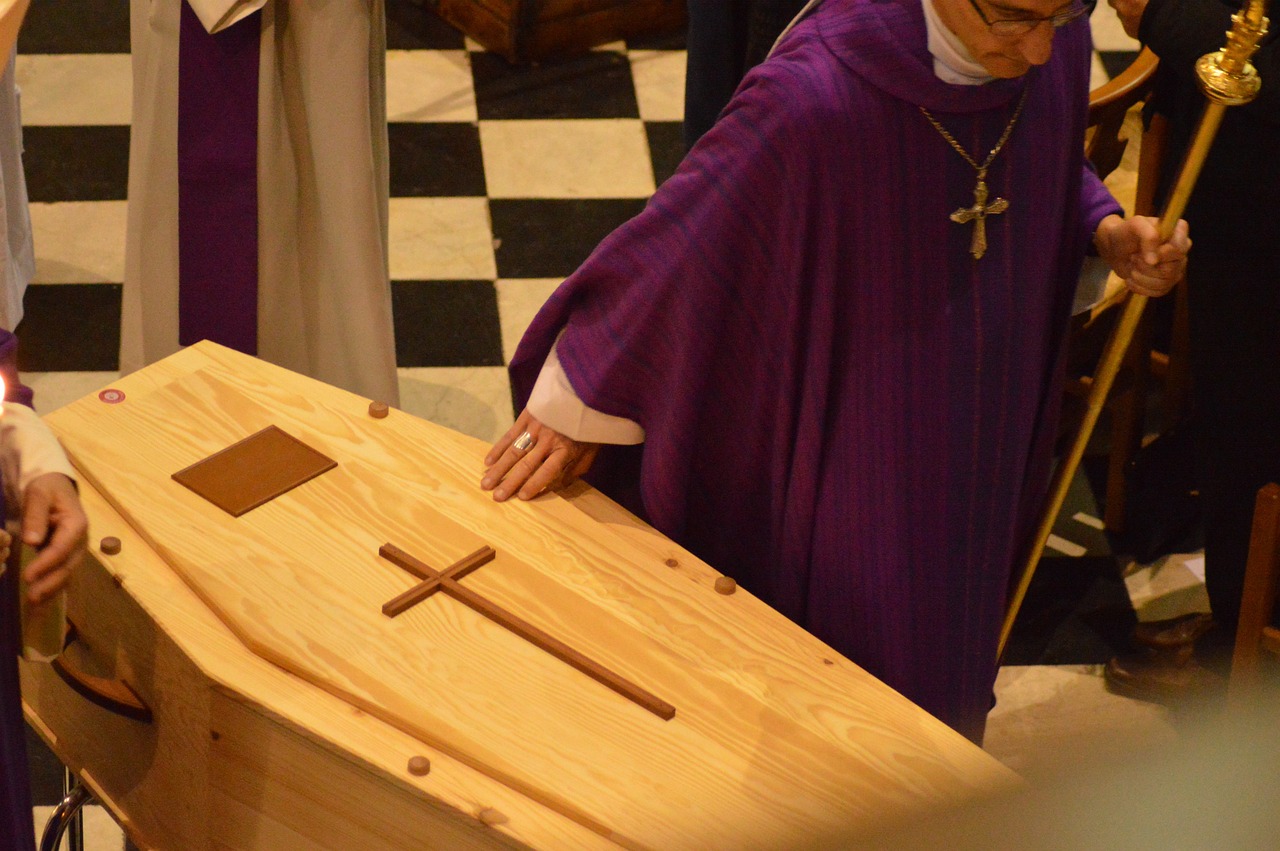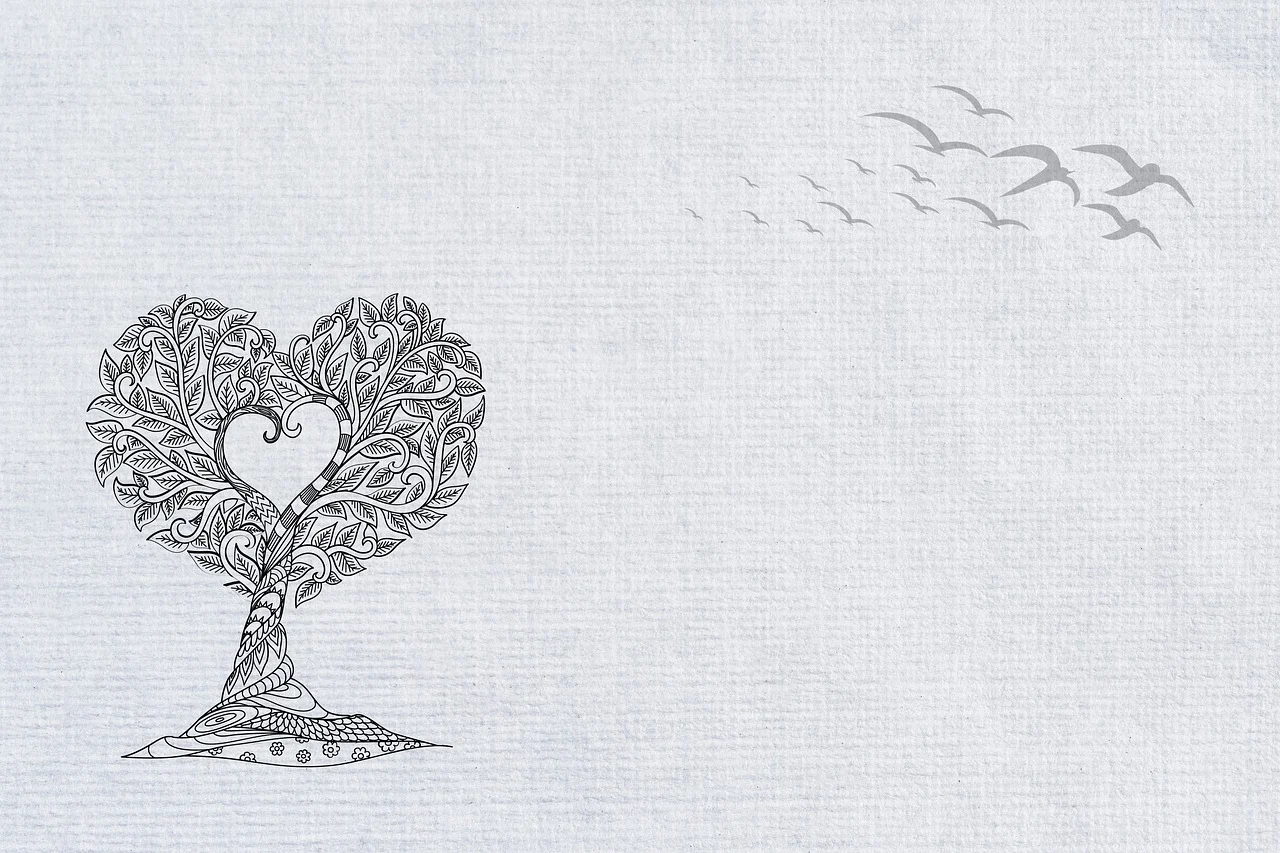Losing a loved one is difficult regardless of the circumstances, but it can be even harder for people in certain situations. For example, if a loved one has died while overseas then there will be more paperwork to fill in which is always unwelcome during such difficult times. Losing a loved one while they’re abroad can also be difficult because you want to be with them as soon as possible, only for distance to be an issue.
Laws and regulations regarding repatriation can also be a concern, and the process can be daunting, especially for somebody who’s grieving. To help, we’ve created this brief guide on what you need to do to repatriate somebody to or from Australia.
What is Repatriation?
Repatriation is the process of moving a deceased person’s body from one country to another. It’s understandable that relatives would want their loved one’s funeral to happen at home, or at least for their remains to be returned home. Of course, repatriation also includes sending a body to another country.
What Do I Need to Do?
One of the first things you need to do is to ensure the deceased’s body is moved to a secure location, such as a morgue or funeral director. You will also need to notify the appropriate authorities, although this is often done as a matter of course regardless.
A death certificate will need to be issued and, in most cases, three certificates are issued for the following people:
- The deceased’s family to help with legal issues, etc.
- The airline (or other carrier) transporting the body
- The funeral director that handles the deceased’s funeral
In most cases, you will need to assign a consignee, which might be yourself. The consignee is the person responsible for the body once it arrives in its destination country, and they will often hire a funeral director to help. The cost of flying the remains to or from Australia is usually covered by the deceased’s insurance.
It’s not uncommon for a close friend or relative to travel to the second country to fly back with the deceased’s remains. The body itself will need to be transported in a hermetically sealed liner and be embalmed before it can be transported. Embalming will help preserve the body and prevent the need to keep the body cool.
Other documents you will likely need include the following:
- Embalming certificates
- Air travel confirmation
- Notary of documents
- Approval from the consulate
- A copy of the death certificate
- Letters from the health department
Bear In mind that different countries may have different rules and regulations regarding repatriating a body. In some cases, language barriers and cultural differences can worsen the situation. As such, it’s often best to leave the legalities up to professionals with the experience and know-how to handle the situation smoothly.
How Long Does It Take to Repatriate a Body?
Processing a body is reasonably urgent because of decay and potential hygiene issues. Not only that, but the deceased’s loved ones will also want to see the body returned as quickly as possible. Provided there are no legal issues or other barriers in the way, repatriation will usually take around 7-10 days.
In some cases, repatriation will take much longer, even years. For example, a body may have been buried with local officials unable to contact the deceased’s family. This might mean only the ashes remain, depending on the local culture. In some cases, a body might be exhumed to be repatriated.
What to Do When the Body Arrives?
In most cases, a funeral director will handle the arrangements when the body arrives at its destination country. Hiring a funeral director is advisable in most cases because they understand the law and the processes involved. Not only that, but it takes less work away from you during such a difficult time.
The exact nature of the funeral will vary considerably according to the deceased’s beliefs and final wishes, etc. But even if the deceased’s remains have already been created, a ceremony can still be held let those close to the deceased say goodbye, helping the grieving process.
What is the Cost of Repatriation?
As mentioned, the cost of flights and other transportation are usually covered by the deceased’s insurance policy. If they had no insurance then the cost of a flight will vary, mostly based on their location. It is also normal for the body to be returned by a cargo flight rather than a passenger flight.
Regardless of flights and other transportation costs, you might also encounter some processing fees or fees for other services.
Using a Funeral Director
As we mentioned previously, a funeral director will take over the process when the body arrives home. However, many will also help make the overseas arrangements regarding the repatriation itself. Such a service is appealing to many people because it limits their workload during a time of stress.
A professional funeral director will have the experience that helps ensure a smooth repatriation, while also helping ensure the funeral goes smoothly. In addition to the funeral itself, a funeral director may also be able to help with flowers and headstones, etc.
Get in Touch
If you have any questions regarding repatriating a loved on to or from Australia, then get in touch. Our team of experienced professionals will gladly help in any way they can and help ensure everything goes as smoothly as possible.










